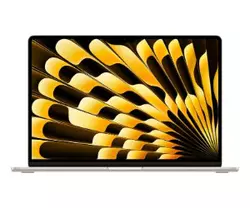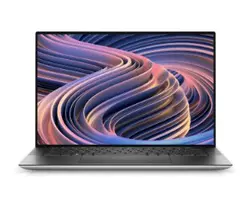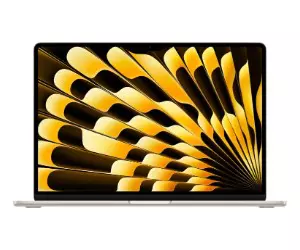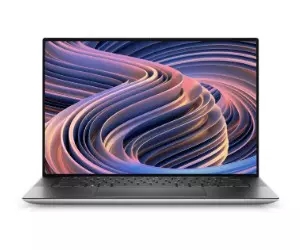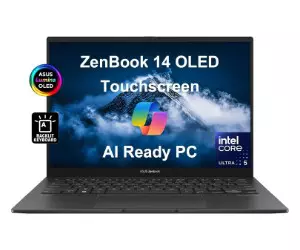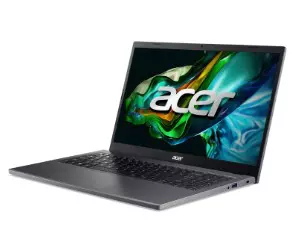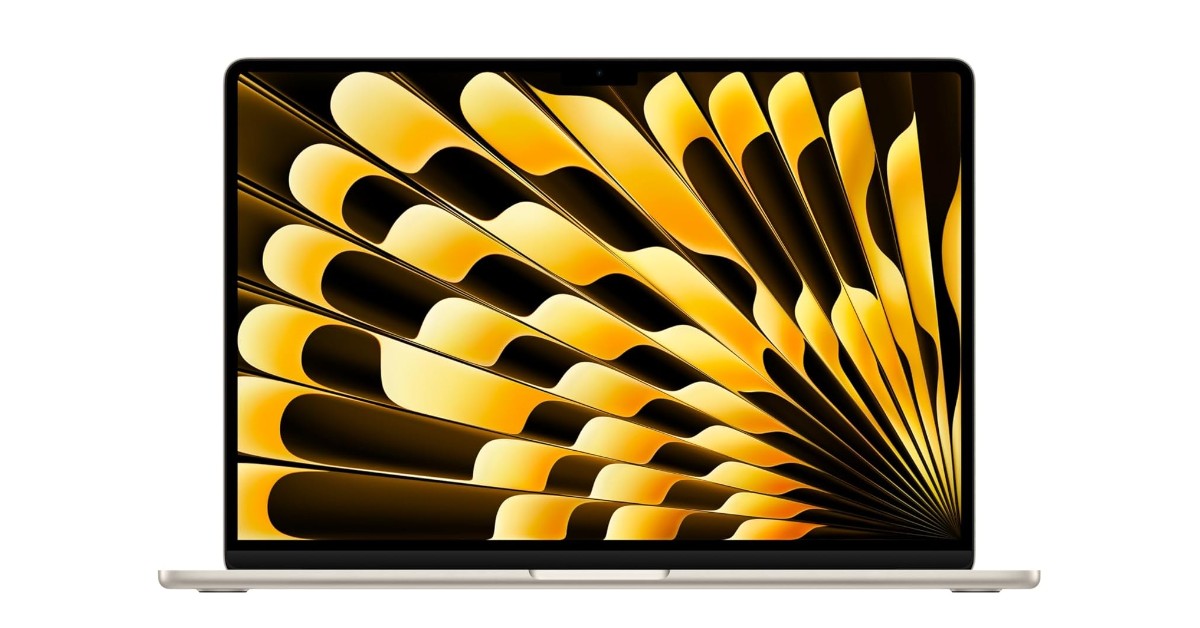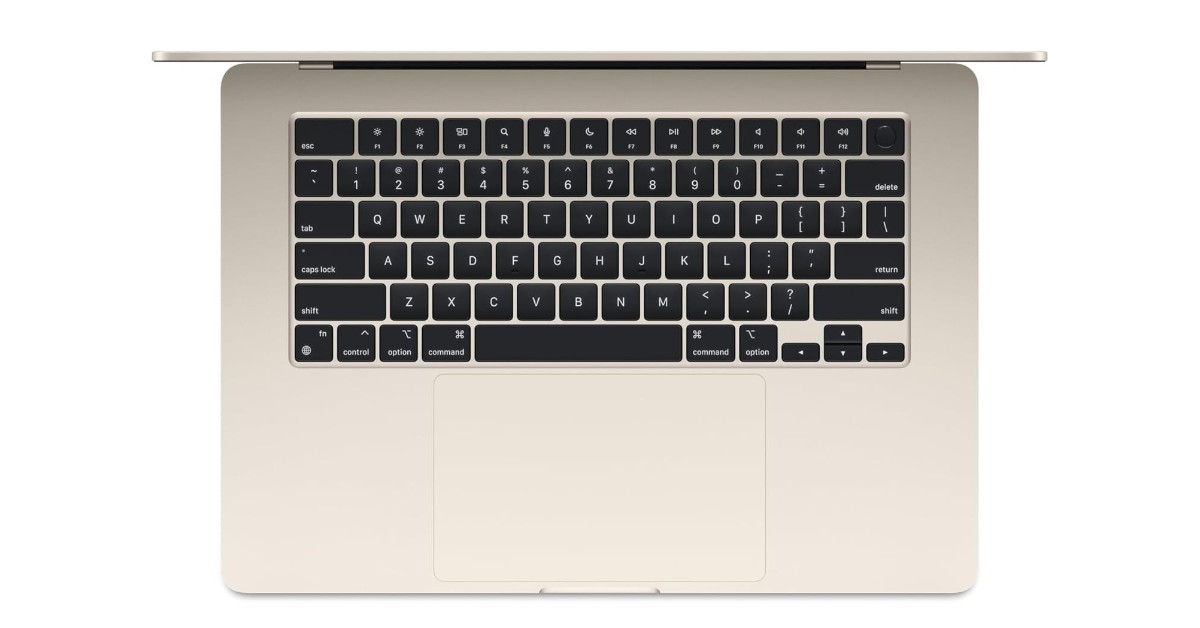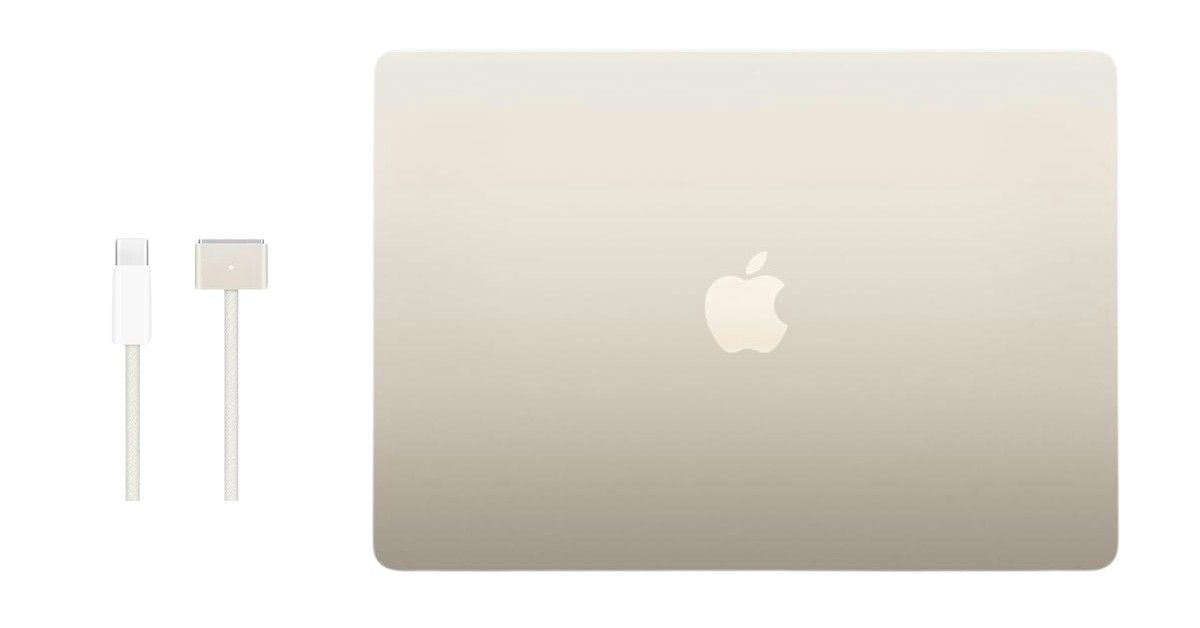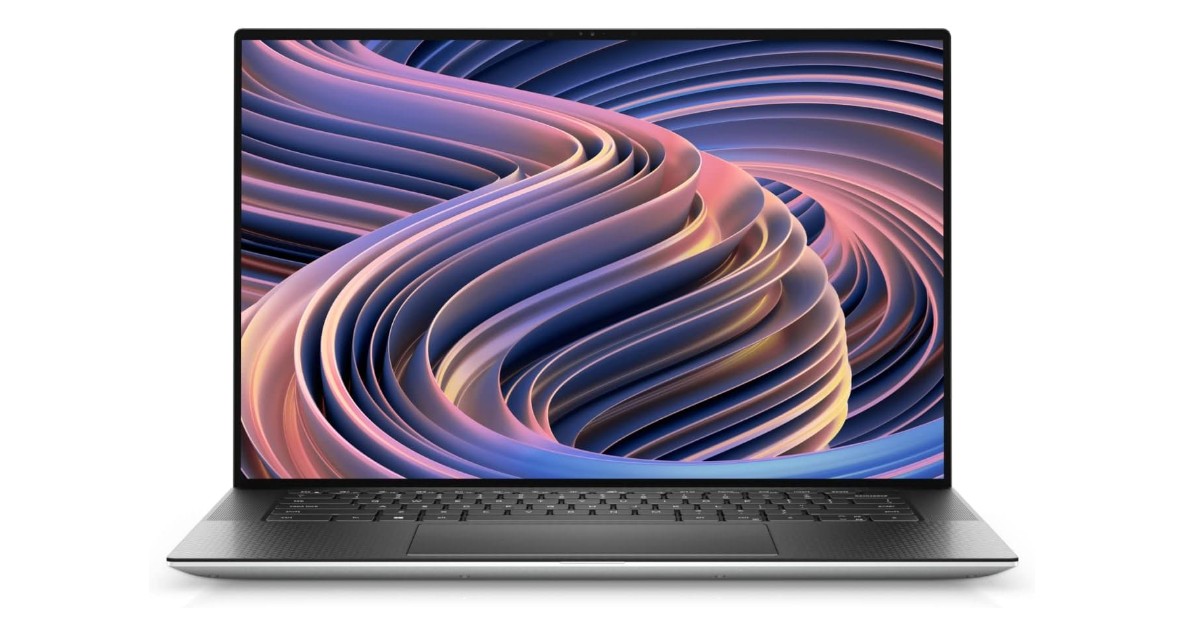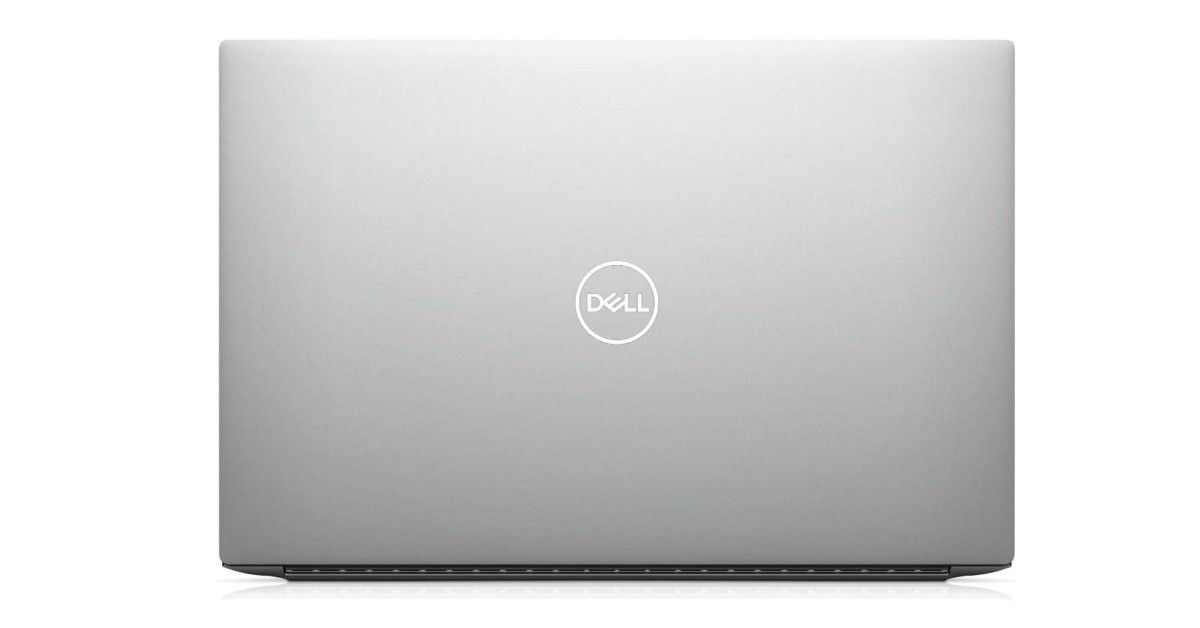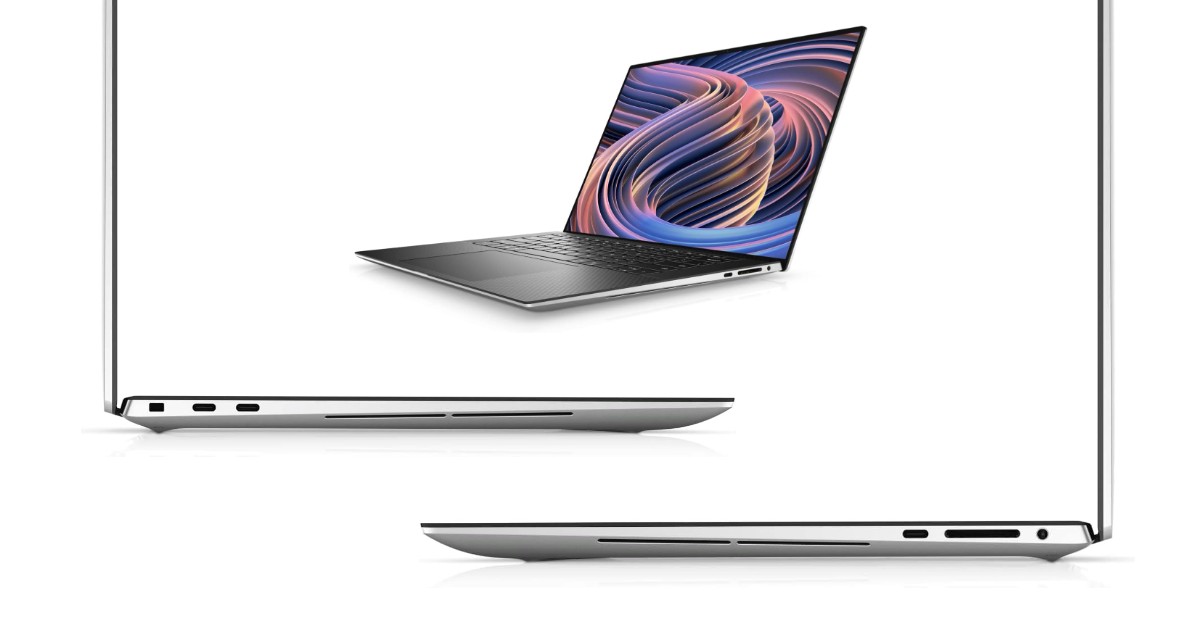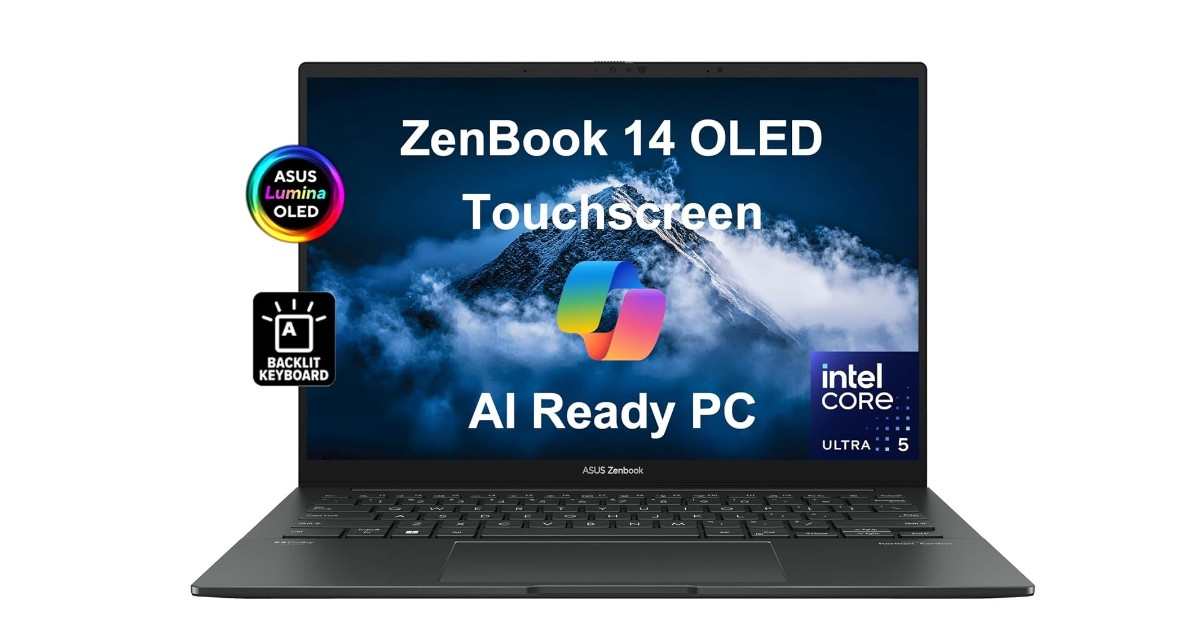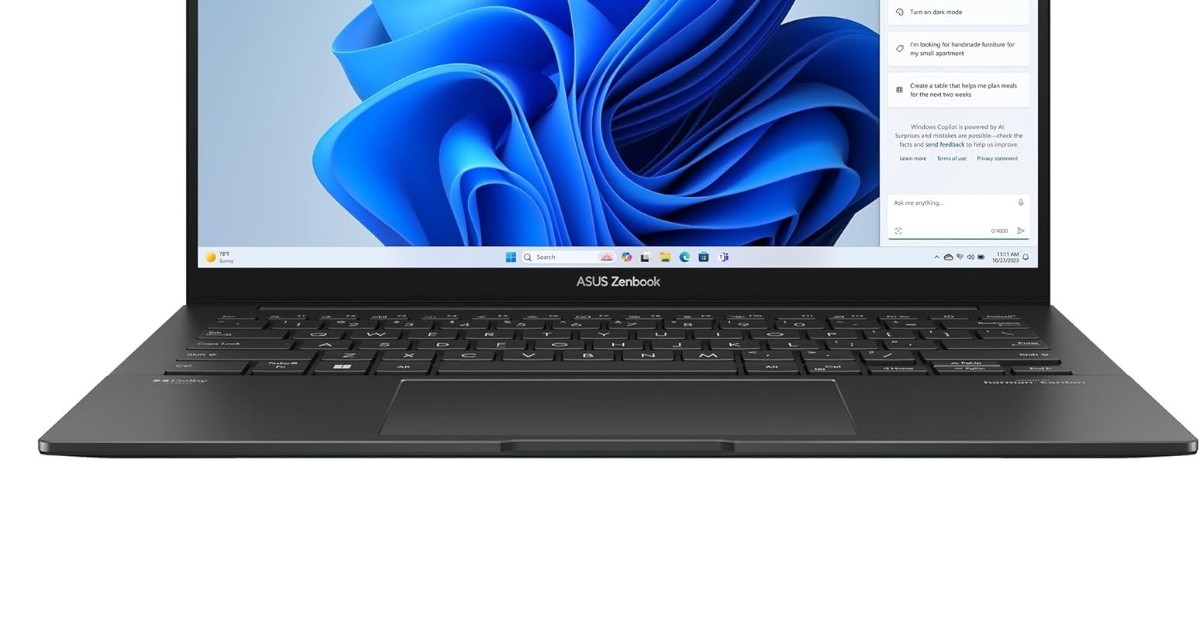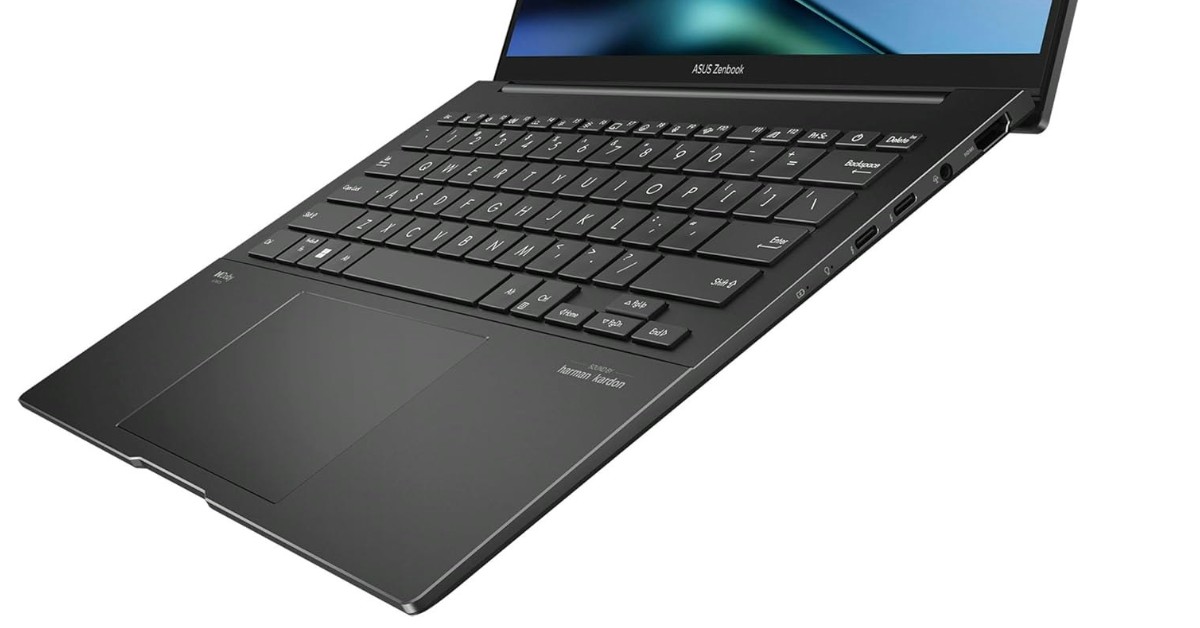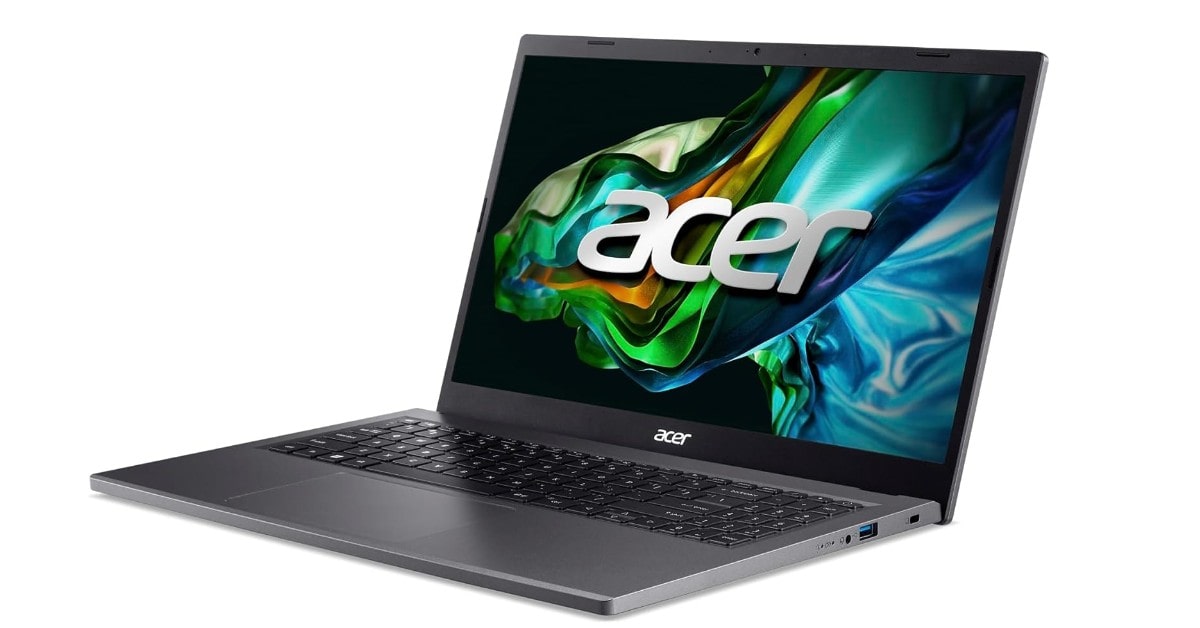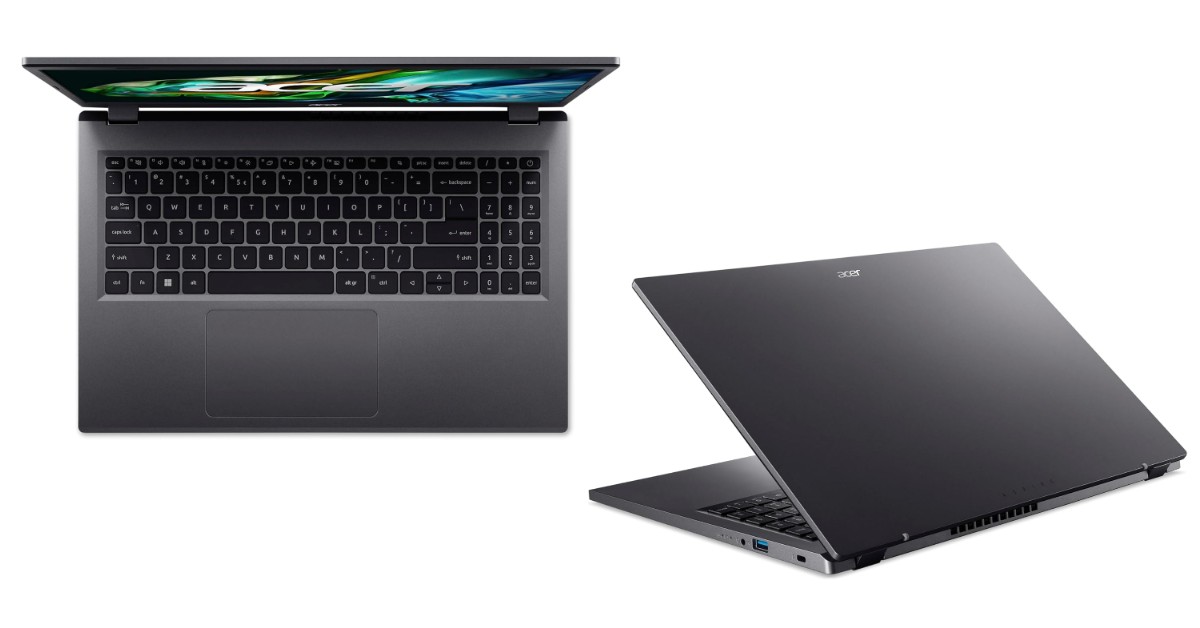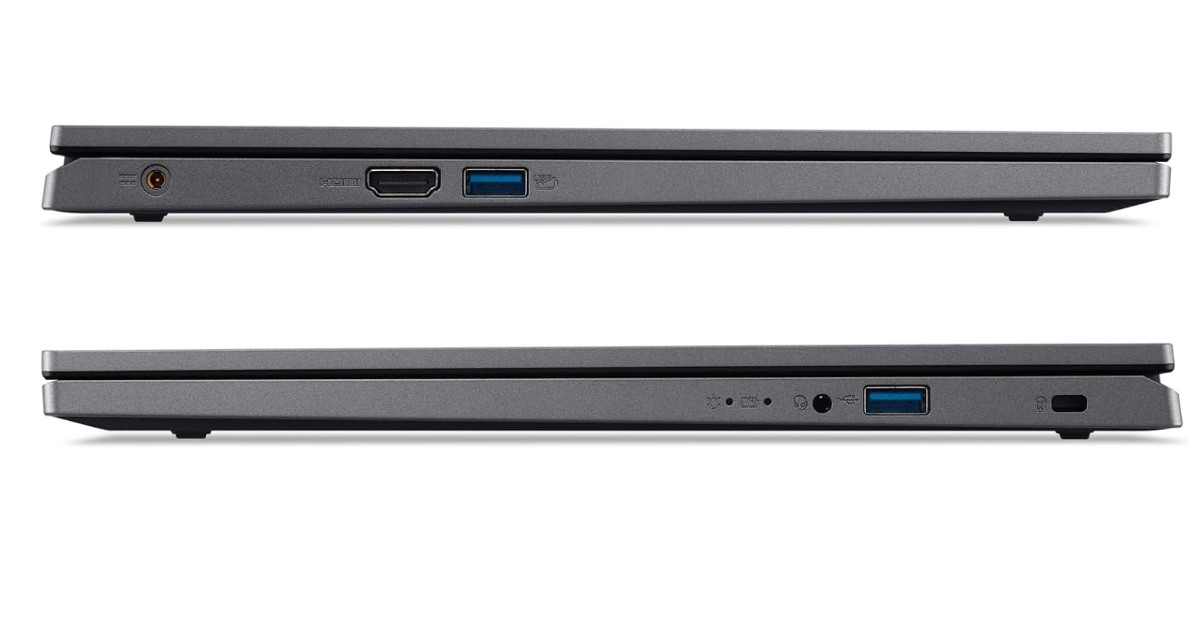Best Laptop for Podcasting
In today’s content-driven world, podcasting has surged in popularity, becoming a key platform for storytelling, interviews, and knowledge sharing. For those ready to dive into podcasting or elevate their audio production quality, choosing the best laptop for podcasting can make all the difference.
This choice impacts recording quality, editing efficiency, and the overall smoothness of your production workflow. With a vast selection of laptops available, identifying the best fit involves considering audio processing power, storage capacity, and compatibility with podcasting software.
In this article, we’ll explore the best laptops for podcasting in 2026, highlighting essential features and narrowing down the top picks tailored to all budgets and levels of expertise.
If you're pressed for time, here's my top picks of the best laptop for podcasting:
Table of contents:
- Best Laptop for Podcasting - Buyer's Guide
- Best Laptops for Podcasting: TOP 4
- Best Podcasting Laptop: Comparison
- Apple 2024 MacBook Air 15-inch Laptop with M3 chip
- Dell XPS 15 9520 15.6" Laptop
- ASUS ZenBook 14 OLED Q415 Business Laptop
- Acer Aspire 5 15 Slim Laptop
- FAQ about Best Computers for Podcasting
- Best Laptop for Podcasting: Conclusion
Best Laptop for Podcasting - Buyer’s Guide
Drawing from my experience when searching for the best laptop for podcasting, several factors ensure you get a machine that can handle the technical demands of audio production. Here’s what to focus on for a seamless podcasting experience:
Processor Power and Speed
The central processing unit (CPU) determines how quickly your laptop for podcasting can handle tasks. Podcasting requires sufficient power to run digital audio workstations (DAWs) and editing software without lag. Opt for an Intel i5 or AMD Ryzen 5 as a baseline, or go for Intel i7/i9 or Ryzen 7/9 for a smoother, faster experience, especially if you plan to multitask with other applications while editing.
RAM for Smooth Performance
RAM plays a critical role in ensuring smooth performance, especially when dealing with high-resolution audio files. Aim for a minimum of 8GB RAM for entry-level podcasting needs; however, 16GB or even 32GB is ideal if you’re serious about post-production editing and multitasking. Good laptops for podcasting should offer ample RAM, especially when handling complex audio sessions.
Storage - SSDs vs. HDDs
The best laptop for podcasting should have fast storage for efficient access to large audio files. Solid-state drives (SSDs) are preferred over traditional hard drives (HDDs) due to their speed, durability, and quiet operation, all crucial for a distraction-free environment. Look for at least 256GB SSD storage as a minimum, with 512GB or 1TB being ideal for extensive audio libraries and multiple projects. For example, Apple 2024 MacBook Air 15-inch Laptop with M3 chip with 256GB SSD storage or Dell XPS 15 9520 15.6" Laptop with 512GB PCIe Gen 4 SSD.
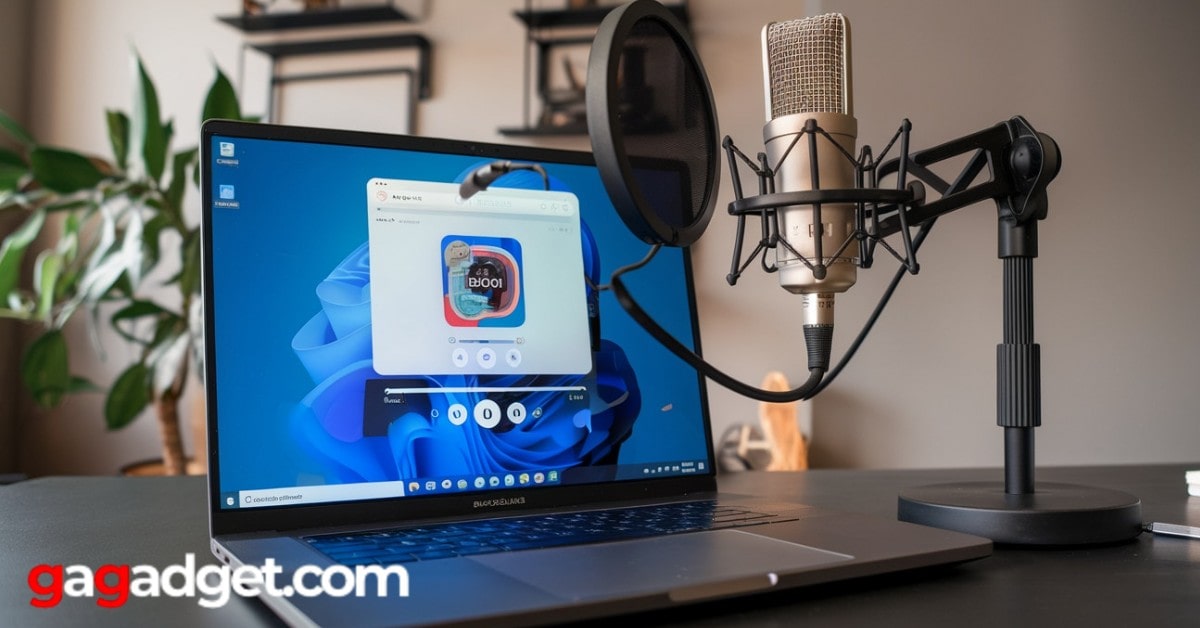
Audio Quality and Ports
Since audio quality is paramount, consider computers for podcasting with high-quality sound cards or support for external audio interfaces. Having multiple USB ports, ideally USB-C for faster data transfer, is helpful for connecting microphones, audio interfaces, and other essential podcasting tools. Headphone jacks are also essential, allowing you to monitor recordings with accuracy.
Display Quality and Size
While not critical, a high-resolution display can enhance your editing experience. A 13-inch screen can be enough for basic podcast editing, but a 15 or 17-inch screen with Full HD or 4K resolution allows you to view your DAW timeline more comfortably.
Battery Life
Long battery life is especially useful for podcasters who record on the go. Aim for at least 8 hours of battery life to cover recording sessions or editing work without constantly searching for a power source. For laptops for podcasting, portability and battery longevity are key. For example, Apple 2024 MacBook Air 15-inch Laptop with M3 chip with battery life up to 18 hours!
Operating System Compatibility
Both macOS and Windows systems are capable of handling podcast production tasks, though many professionals prefer MacBooks for their audio editing software compatibility, especially with apps like GarageBand and Logic Pro. However, Windows systems are versatile and provide a broader range of software choices, making them good laptops for podcasting as well.
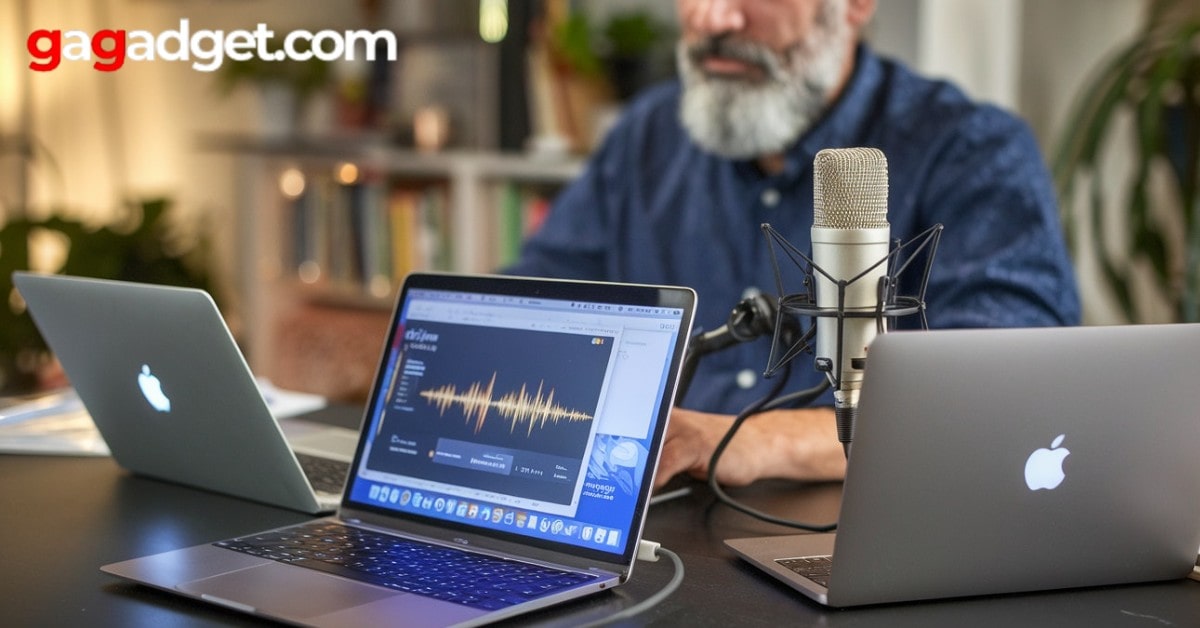
Best Laptops for Podcasting - TOP 4
Ready to dive in? Here’s my list of the top laptops for podcasting, each offering unique strengths to meet diverse podcasting needs.
- High Performance with M3 Chip
- Lightweight and Portable
- Impressive Battery Life up to 18 hours
- Stunning 15.3-inch Display
- Superior Audio and Video Quality
- 12th Gen Intel Core i7 with 14 cores and up to 4.7 GHz
- 16GB DDR5 RAM and a 512GB PCIe SSD
- 15.6" FHD+ InfinityEdge display with 500 nits brightness and anti-glare
- Strong Graphics Support
- Versatile Connectivity Options
- Powerful Core Ultra 5 Processor
- Stunning OLED Display
- Ample Storage
- Two Thunderbolt 4 ports, HDMI 2.1, and USB 3.2
- High-Quality Audio
- 13th Gen Intel Core i5 processor with 16GB LPDDR5 RAM ensures smooth multitasking
- 512GB PCIe Gen 4 SSD
- Clear and Spacious Display
- Portable and Ergonomic Design
- Enhanced Webcam and Audio Features
Best Podcasting Laptop: Comparison
Let’s break down each podcast laptop with a focus on features, pros, and ideal use cases.
| Laptop Model | Hard Disk Size | CPU Model | RAM Size | Special Features |
|---|---|---|---|---|
| Apple MacBook Air 15-inch (2024) | 256GB SSD | Apple M3 chip (8-core CPU) | 8GB unified memory | 15.3-inch Liquid Retina display, up to 18 hours battery life, 1080p FaceTime HD camera, six-speaker sound system with Spatial Audio, lightweight design |
| Dell XPS 15 9520 15.6" | 512GB PCIe SSD | Intel Core i7-12700H (14-core) | 16GB DDR5 | 15.6" FHD+ InfinityEdge display, NVIDIA GeForce RTX 3050 GPU, Thunderbolt 4 ports, premium build quality |
| ASUS ZenBook 14 OLED Q415 | 1TB PCIe NVMe SSD | Core Ultra 5 Processor 125H (14-core) | 8GB LPDDR5 | 14" WUXGA OLED touchscreen, AI Boost NPU, Thunderbolt 4 ports, eco-friendly design |
| Acer Aspire 5 15 Slim | 512GB PCIe Gen 4 SSD | Intel Core i5-13420H (10-core) | 16GB LPDDR5 | 15.6” FHD IPS touchscreen, ergonomic hinge design, Wi-Fi 6E, 720p HD webcam with TNR technology |
Apple 2024 MacBook Air 15-inch Laptop with M3 Chip for Podcasting Review
Editor's Choice
The Apple 2024 MacBook Air 15-inch with the new M3 chip is a powerful yet portable option for podcasters who need a reliable, high-performance laptop. The MacBook Air's 8-core CPU and up to 10-core GPU in the M3 chip delivers impressive speed and multitasking capabilities. This level of performance is particularly beneficial for podcasters using digital audio workstations (DAWs) or running editing software, where seamless performance can make all the difference. Apple's M3 chip optimizes tasks like recording, editing, and rendering audio, allowing podcasters to focus on content creation without delay or lag.
Apple Intelligence adds another layer of functionality with privacy protections and productivity tools. This feature offers advanced security, ensuring that your data remains private and protected while providing tools to enhance writing and editing efficiency. For podcasters, this translates to peace of mind, knowing their files and recordings are secure and accessible only by them.
At under half an inch thin, the MacBook Air 15-inch is incredibly lightweight—ideal for podcasters who record or edit on the go. Whether you’re setting up at a coffee shop, recording in different locations, or working remotely, its portability is a huge asset. And with up to 18 hours of battery life, you can handle long editing sessions without constantly searching for a power outlet, perfect for uninterrupted workflow.
The 15.3-inch Liquid Retina display with support for 1 billion colors ensures everything appears crisp and vibrant. This is particularly useful for podcasters who edit in video elements or rely on visual cues within their DAW. The 1080p FaceTime HD camera, three built-in mics, and six speakers with Spatial Audio enhance the multimedia experience, giving podcasters clear video calls and immersive sound—an invaluable feature for monitoring audio quality.
Pros:
- The 8-core CPU and up to 10-core GPU handle demanding audio tasks smoothly, ideal for editing and multitasking
- Lightweight and Portable
- Impressive Battery Life up to 18 hours
- Stunning 15.3-inch Display
- Superior Audio and Video Quality
- Fast App Compatibility with macOS
Cons:
- Limited Port Selection
- No Dedicated Audio Interface
Summary: As indicated by my tests the 2024 MacBook Air 15-inch with M3 chip is an ideal choice for podcasters, balancing power and portability. It offers excellent performance, robust battery life, and stunning display and audio quality, all in a sleek design. This laptop is built for efficiency and creativity, making it a top pick for those serious about podcast production.
Dell XPS 15 9520 15.6" Laptop for Podcasting Review
Best Overall
The Dell XPS 15 9520 is a powerhouse laptop designed for both productivity and multimedia creation, making it a fantastic option for podcasters. Equipped with a 12th Generation Intel Core i7-12700H processor, the Dell XPS 15 delivers impressive speed and responsiveness, essential for running digital audio workstations (DAWs) and handling multitasking demands in podcast production. Its 14 cores and a turbo boost speed of up to 4.7 GHz allow you to edit audio files, manage plugins, and process multiple tracks without lag, ensuring a smooth workflow from start to finish.
The 15.6" FHD+ (1920x1200) InfinityEdge display offers clear and vibrant visuals with 500 nits brightness, which makes working in various lighting conditions easier. While a non-touch screen, this anti-glare display is perfect for long editing sessions, reducing eye strain and offering ample screen real estate for managing DAW timelines and editing details with precision.
The NVIDIA GeForce RTX 3050 with 4GB GDDR6 VRAM provides reliable graphics support, a plus if you incorporate video into your podcast or work with multimedia content. For storage, the 512GB PCIe SSD ensures quick access to your files, essential for handling large audio libraries and storing completed episodes, while the 16GB DDR5 RAM supports multitasking, letting you work seamlessly across different applications.
Connectivity is excellent on the XPS 15 9520, which includes Thunderbolt 4 ports, USB-C with DisplayPort and PowerDelivery, and a 3.5mm headphone jack, making it compatible with a range of audio equipment and accessories commonly used in podcasting. Additionally, the 86 Wh battery provides decent longevity, though more intensive editing sessions might require you to stay plugged in with the included Dell 130W USB-C adapter.
Pros:
- 12th Gen Intel Core i7 with 14 cores and up to 4.7 GHz is excellent for handling demanding audio editing tasks
- 16GB DDR5 RAM and a 512GB PCIe SSD
- 15.6" FHD+ InfinityEdge display with 500 nits brightness and anti-glare
- Strong Graphics Support
- Versatile Connectivity Options
Cons:
- Battery Life Could Be Better
- Non-Touch Display
Summary: My findings show that, the Dell XPS 15 9520 is a well-rounded and robust laptop, ideal for podcasters who need high performance, clear visuals, and versatile connectivity options. Its powerful specs and professional build make it a reliable choice for podcast production, supporting an efficient and seamless workflow.
ASUS ZenBook 14 OLED Q415 Business Laptop for Podcasting Review
Best Budget
The ASUS ZenBook 14 OLED Q415 is a sleek, ultraportable laptop ideal for podcast creators who value portability, high-quality visuals, and efficient processing power. At the heart of the ZenBook 14 is the Core Ultra 5 Processor 125H with 14 cores and up to 4.5 GHz speeds, offering robust performance for multitasking. This processor, paired with AI Boost NPU technology, accelerates tasks like audio editing and supports AI-driven tools, which can be particularly helpful for automated features or real-time effects in podcast editing software. While the 8GB LPDDR5 RAM is soldered and may limit future upgrades, it’s sufficient for basic audio production and general podcasting needs.
One of the standout features of the ZenBook 14 is its 14-inch WUXGA OLED touchscreen with a 1920 x 1200 resolution, 500 nits brightness, and 100% DCI-P3 color gamut. This display offers a vivid, immersive viewing experience, making it easy to see every detail in your digital audio workstation (DAW) timeline. With its touchscreen functionality, editing becomes more intuitive, allowing for quick adjustments directly on the screen, which can streamline workflows for podcasters. The screen’s Eye Care technology also helps reduce eye strain, perfect for long editing sessions.
The ZenBook 14 comes with a 1TB PCIe NVMe SSD, providing ample storage for large audio files and completed episodes. This high-speed storage ensures that files load quickly, enabling efficient access to project libraries. Connectivity is also a strong point, with two Thunderbolt 4 ports, USB 3.2, HDMI 2.1, and a combo audio jack, allowing for easy connection of external monitors, audio interfaces, and other essential podcasting equipment.
For podcasters, audio quality is key, and the ZenBook’s Super-linear speakers deliver powerful sound, enhancing the ability to monitor recordings without additional equipment. The FHD IR webcam with a privacy shutter is a nice addition, making it easy to participate in high-quality video calls with co-hosts or guests, all while keeping your privacy secure when the camera is not in use.
Pros:
- Powerful Core Ultra 5 Processor
- Stunning OLED Display
- Ample Storage
- Two Thunderbolt 4 ports, HDMI 2.1, and USB 3.2
- High-Quality Audio
- Durable and Eco-Friendly Design
Cons:
- Limited RAM Upgradeability
- Non-Dedicated Graphics
- Glossy Display
Summary: Based on my observations, the ASUS ZenBook 14 OLED Q415 combines portability, a beautiful OLED display, efficient performance, and strong connectivity options, making it a versatile choice for podcasters. While the 8GB of soldered RAM may limit future upgrades, its Core Ultra processor and robust build make it a great option for those seeking a reliable, eco-friendly laptop for podcast production.
Acer Aspire 5 15 Slim Laptop for Podcasting Review
Alternative Choice
The Acer Aspire 5 15 Slim Laptop is a capable, budget-friendly laptop with solid performance and useful features for beginner podcasters.
Powered by the 13th Gen Intel Core i5-13420H processor, the Acer Aspire 5 provides reliable performance for multitasking. With 16GB of LPDDR5 memory and 512GB PCIe Gen 4 SSD storage, it’s well-equipped to handle digital audio workstations (DAWs) and editing software smoothly, letting you record and edit episodes without significant lag. While the Intel UHD graphics are basic, they distribute performance efficiently across applications, which can be beneficial for podcast production.
The 15.6” Full HD IPS touchscreen display offers crisp visuals with lifelike colors, which is helpful for navigating DAW timelines and organizing project files. The display’s narrow bezels maximize screen space, allowing for a larger workspace. Acer’s suite of visual technologies optimizes color, and the display provides comfortable viewing, which can reduce eye strain during long editing sessions—a valuable feature for podcasters who spend extended hours on their projects.
The Aspire 5’s slim, 0.71-inch body gives it a premium look and makes it easy to carry, making it ideal for podcasters who may record or edit in various locations. Its ergonomic hinge design lifts the body slightly, tilting the keyboard for comfortable typing. This design also improves cooling and enhances sound quality, a thoughtful feature for anyone monitoring audio directly from the laptop.
Equipped with a 720p HD webcam with Acer’s TNR (Temporal Noise Reduction) technology, the Aspire 5 enhances video quality even in low light, making it suitable for virtual meetings or interviews with podcast guests. Additionally, Acer PurifiedVoice with AI Noise Reduction helps reduce background noise during calls, improving the overall audio experience.
Pros:
- 13th Gen Intel Core i5 processor with 16GB LPDDR5 RAM ensures smooth multitasking
- 512GB PCIe Gen 4 SSD
- Clear and Spacious Display
- Portable and Ergonomic Design
- Enhanced Webcam and Audio Features
Cons:
- Basic Graphics
- Lower Webcam Resolution 720p
Summary: The Acer Aspire 5 15 Slim Laptop is a reliable, cost-effective choice for aspiring podcasters. With its solid processing power, clear display, and practical design, it provides a balanced performance for podcast production, making it a great starting point for those seeking quality on a budget.
FAQ about Best Computers for Podcasting
Here are answers to common questions about choosing the best laptop for podcasting:
1. What is the best laptop for podcasting?
The best laptop for podcasting depends on your needs and budget. Top options include the MacBook Pro, Dell XPS 15, and HP Spectre x360, all offering powerful processors, ample RAM, and reliable storage for smooth audio editing.
2. How much RAM do I need for podcasting?
A minimum of 8GB RAM is recommended for basic podcasting, but 16GB or more is ideal for complex editing and multitasking. More RAM ensures smooth performance when working with large audio files or multiple applications.
3. Do I need a Mac or PC for podcasting?
Both Mac and PC are suitable for podcasting. Macs are often preferred for their compatibility with software like Logic Pro and GarageBand, while PCs offer a wider variety of hardware options and flexibility.
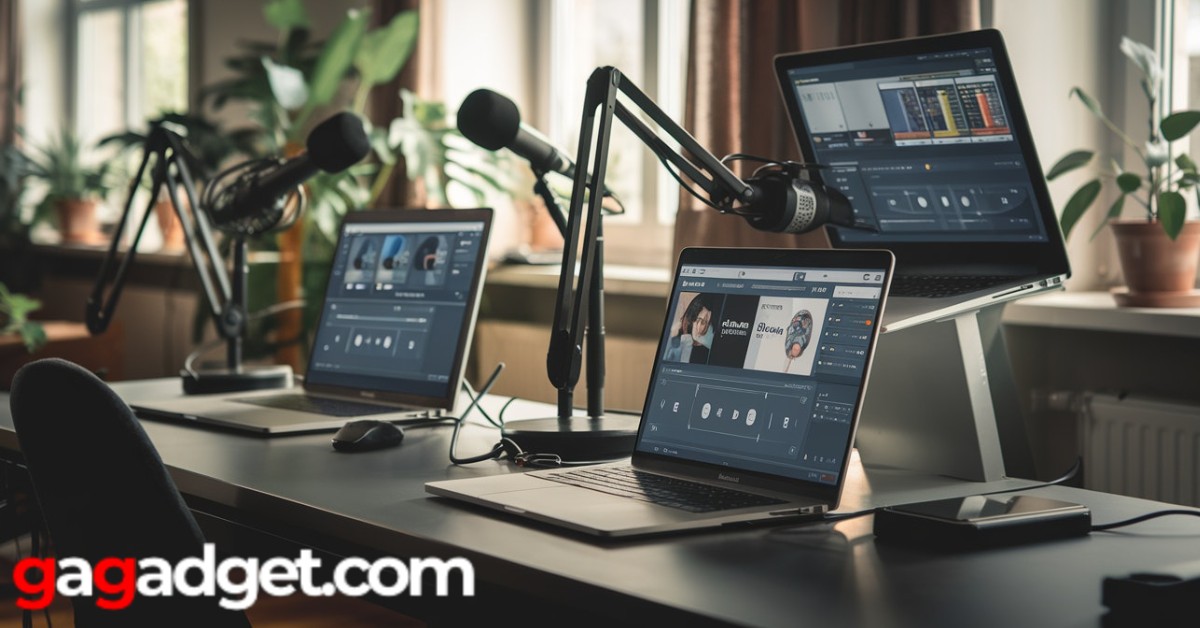
4. Is a dedicated graphics card necessary for podcasting?
A dedicated graphics card is not essential for audio editing in podcasting. However, it may be beneficial if you plan to use video editing software or need to render graphics for multimedia podcast content.
5. How important is storage capacity in a podcasting laptop?
Storage is very important for podcasting. An SSD of at least 256GB is recommended, with 512GB or more preferred if you handle large audio files. SSDs improve file access speed, which helps during editing.
Best Laptop for Podcasting: Conclusion
Selecting the best laptop for podcasting depends on balancing performance, portability, and specific needs. Each laptop in our list offers distinct advantages, catering to different levels of podcast production.
The Apple 2024 MacBook Air 15-inch with the M3 chip stands out for its power, portability, and long battery life, making it an ideal choice for podcasters who need reliability and efficiency. It’s especially appealing for those in Apple’s ecosystem, offering excellent app compatibility and impressive audio and display quality.
For professionals looking for robust performance and versatility, the Dell XPS 15 9520 provides high-end processing power with the Intel Core i7, ample RAM, and strong graphics support, making it ideal for intensive editing and multimedia tasks. It’s a reliable option for podcasters who require a powerful machine that can handle more than audio.
The ASUS ZenBook 14 OLED Q415 strikes a balance between performance and portability, offering a beautiful OLED display and efficient Core Ultra 5 processor. With strong connectivity and eco-conscious design, it’s a solid choice for podcasters seeking quality visuals and portability without sacrificing functionality.
Finally, for those on a budget, the Acer Aspire 5 15 Slim Laptop offers excellent value. With the Intel Core i5 processor, ample storage, and clear FHD display, it provides the essentials needed for basic podcast production, making it an accessible entry-level option for aspiring podcasters.
Each of these laptops brings something unique to the table, ensuring that there’s a perfect choice for every podcaster, whether just starting out or looking for a premium machine to support professional-grade work.
